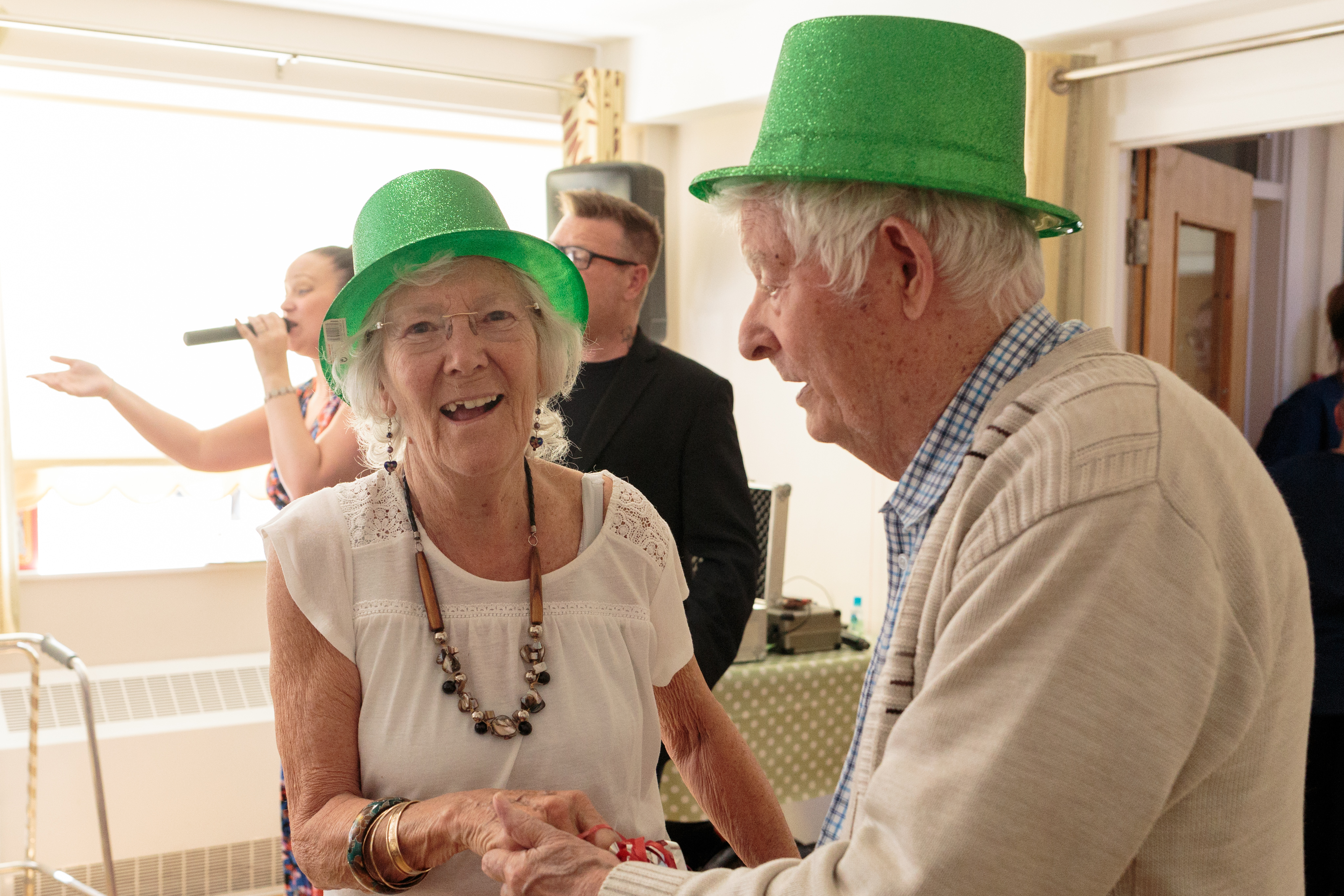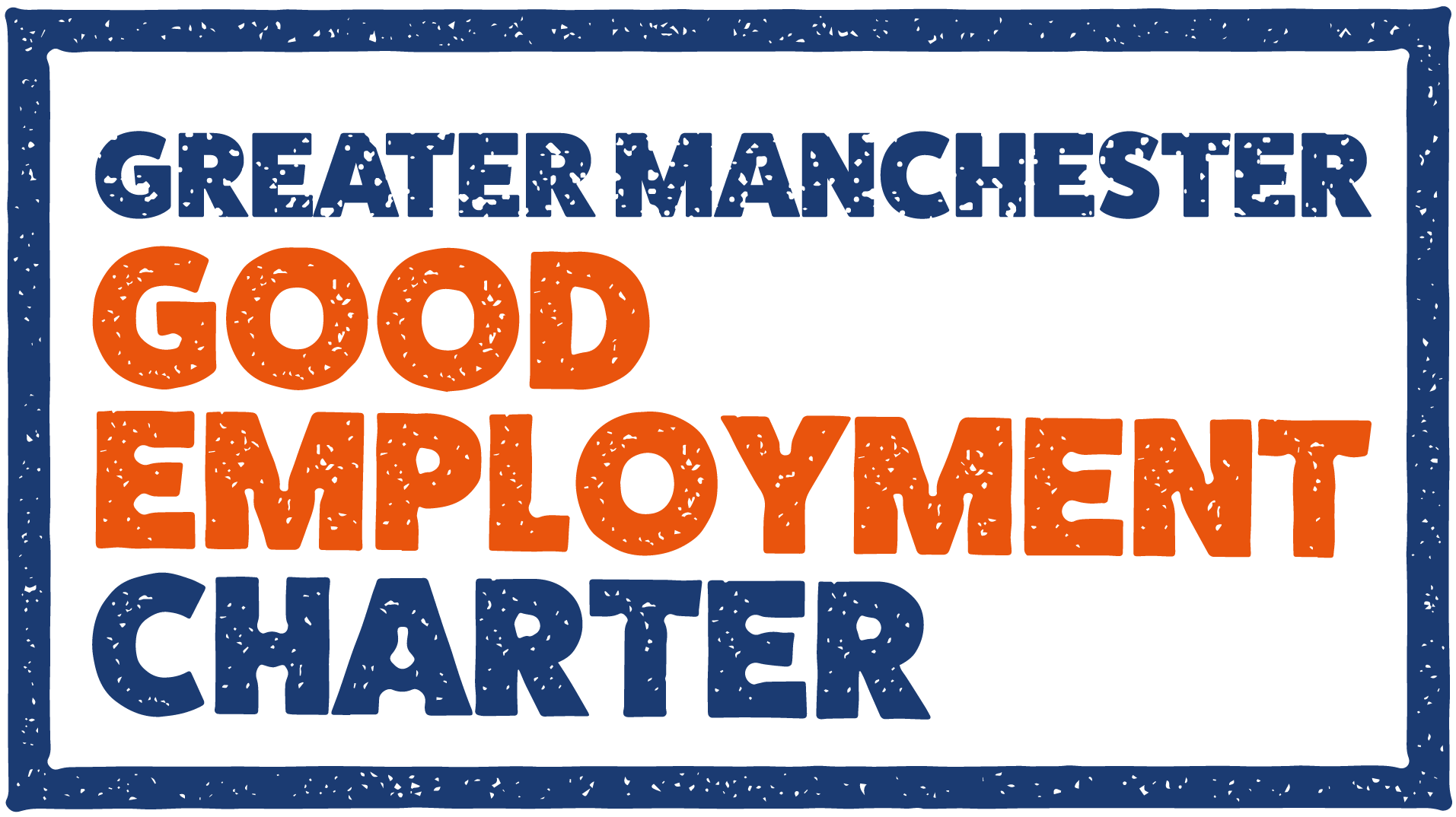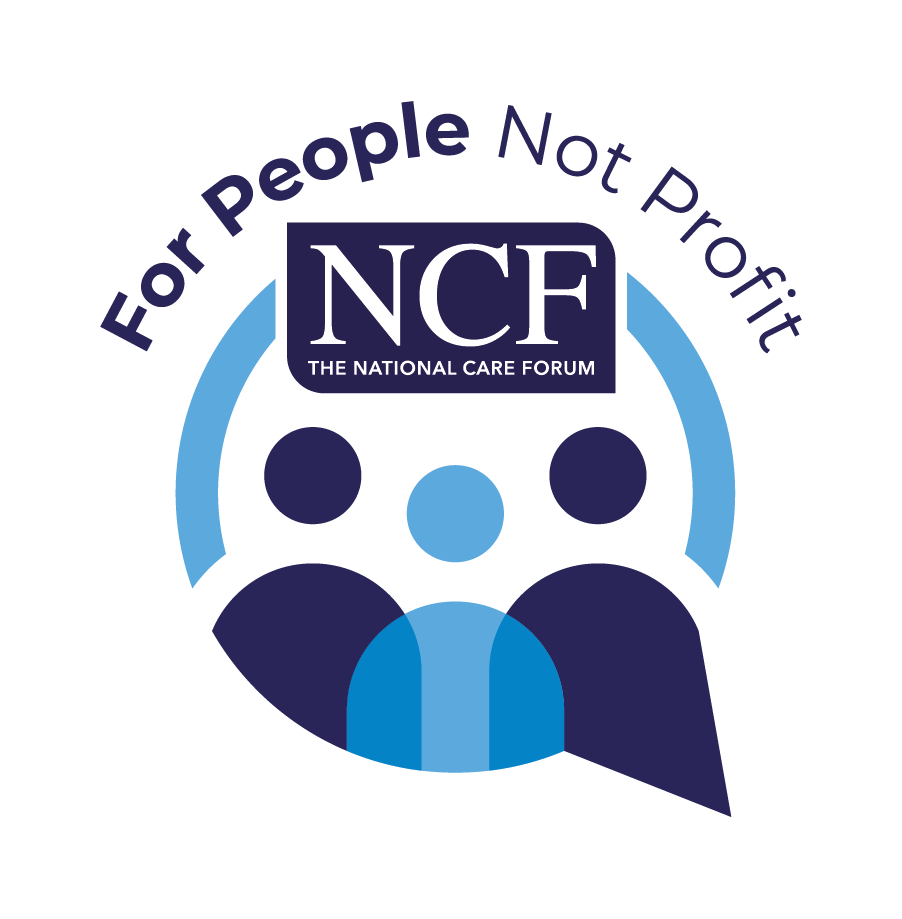
Music is something that can be enjoyed at any age. Just because we get older, it doesn’t mean our interest or enjoyment in music lessens. In fact, it’s quite the opposite. Research has shown that older people can benefit enormously from having some music in their lives.
Music therapy is a well-established way to help people overcome symptoms of depression, anxiety and loneliness at any age. With this in mind, we’ve come up with a wide programme of musical activities to help enrich and improve the lives of the residents who live with us.
For someone living with dementia, music can be an invaluable tool. A favourite song or genre of music is often central to a person’s sense of identity. Playing music can also help them connect and share feelings, memories and moments with others. We host regular singers and entertainers at our homes, who perform nostalgic sets with hits from the 40’s through to the 70’s, designed to spark memories and get our residents singing along.
For others living with dementia, speech can be difficult, but the right song can trigger a memory, encouraging them to sing, hum, whistle, clap or tap their feet.
Singing, in any shape or form, can be beneficial for psychological and social wellbeing. Even just singing along to a fast-paced song can help to raise the heart rate, encourage faster breathing and stimulate the brain. We run an Intergenerational Choir that is open to all residents, and we know that participation in this choir boosts confidence, self-esteem and quality of life for everyone who participates, irrespective of age.
Dancing is also a fun and effective way to keep fit. We use upbeat music in our SMILE exercise sessions, that are specially designed to keep our residents fit and active in a safe way. Dancing can also be useful to those with limited mobility, simply tapping or clapping away to the rhythm of the beat is an enjoyable experience. Our monthly tea dances bring together the best of both worlds, with live musical performances which encourage our residents to get up and have a boogie.
We have seen, across all our homes, how music can really affect residents’ mood for the better. Even minimal movement to music is enough activity to release pent-up mental and physical stress. Listening to classical music has even been proven to decrease blood pressure and relieve pain. This is one of the many reasons we maintain such close links with the local community and why we encourage visits to our homes from musicians such as those from Chetham’s School of Music.
If you have a loved one living in a care home, then music can really help keep you connected. What better way to begin a conversation than by bringing some meaningful songs with you next time you visit? It could be the first dance song from a wedding you both attended, or songs that you grew up with that remind you of a specific person, time or place.
For more information about the musical activities programmes in our homes check out our noticeboards or speak with your Activity Lifestyle Facilitator for more details.







